Brian Tester
Brian is retired and has had many interests in his time. He is well travelled, having visited and toured the British Isles, Europe, Australia, Canada, and various Pacific Islands, staying at many B&B’s of varying standards. He is still a keen golfer and is a member of the internationally rated Paraparaumu Beach Golf Club.
Brian is from the Hutt Valley near Wellington, and was a fully qualified motor mechanic with his own garage for the first half of his career. He went on to become a motor assessor and fire & general loss adjuster for New Zealand Insurance for 20 years. He carried on in this very interesting occupation which included travelling to disaster areas in the Pacific and in New Zealand, to assist with assessing hurricane and flood damage, until retirement.
Now living on his own, Brian has two sons and a daughter who are all doing well in their own careers and families.
His interests over the years have included rugby, boat building, boating and water skiing (great for the family), barbershop singing, playing the piano (very average), martial arts, and of course, golf.
Incidentally for golfers wanting to play the international Paraparaumu Beach Golf Course (listed in the world top 100) which is just across the road from the B&B, Brian is happy to arrange times and dates, or you can simply go directly to the club website and book your own tee times in advance.
Having a Bed & Breakfast has been a great interest and a way to meet people from other walks of life, as well as giving people from other countries an enjoyable New Zealand experience.
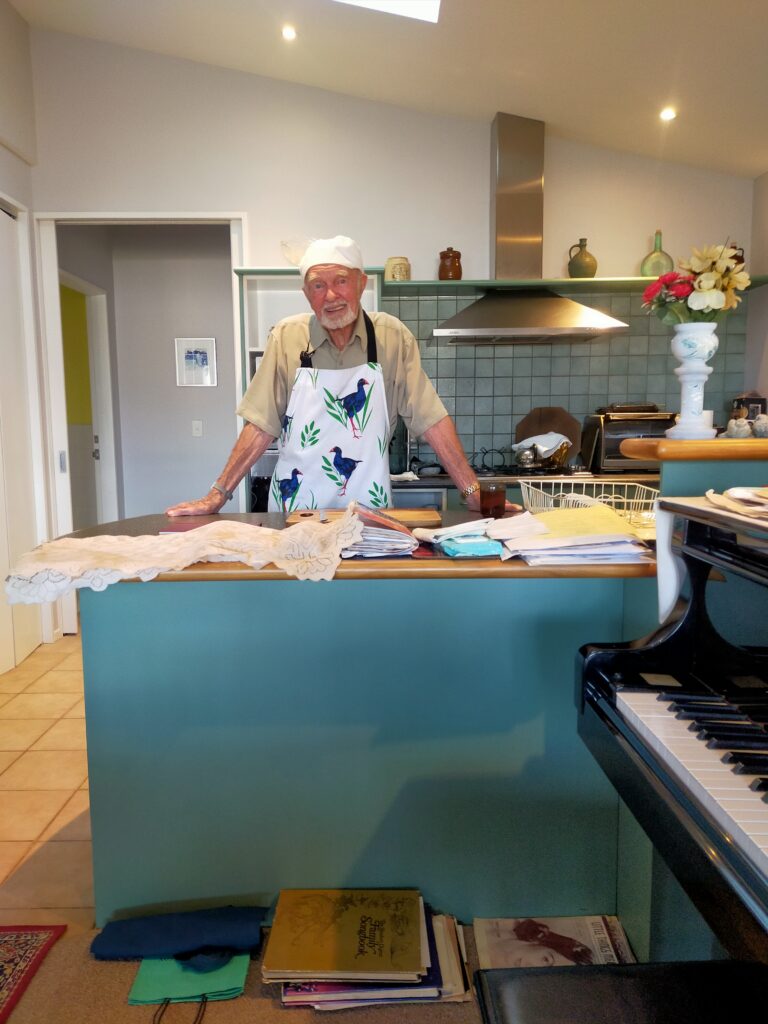
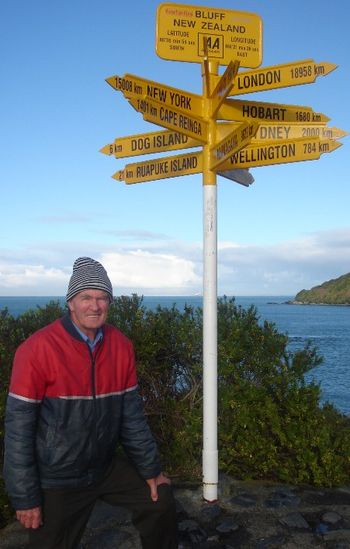
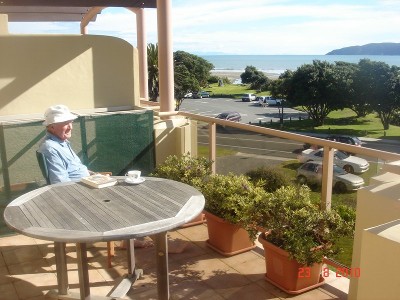
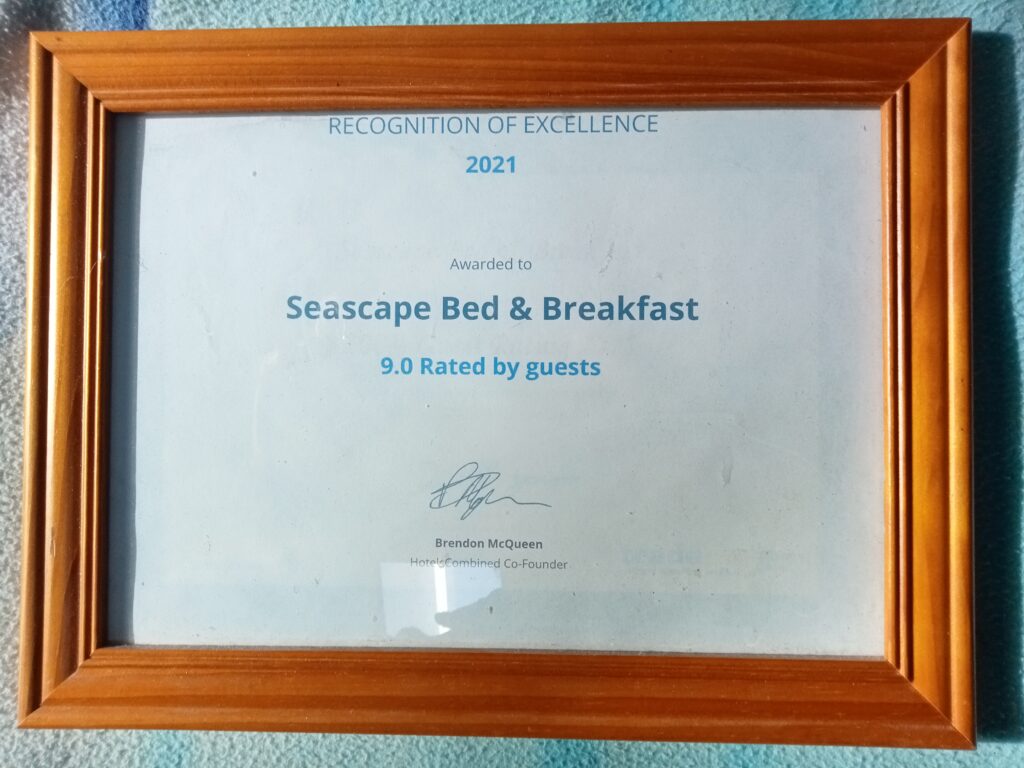
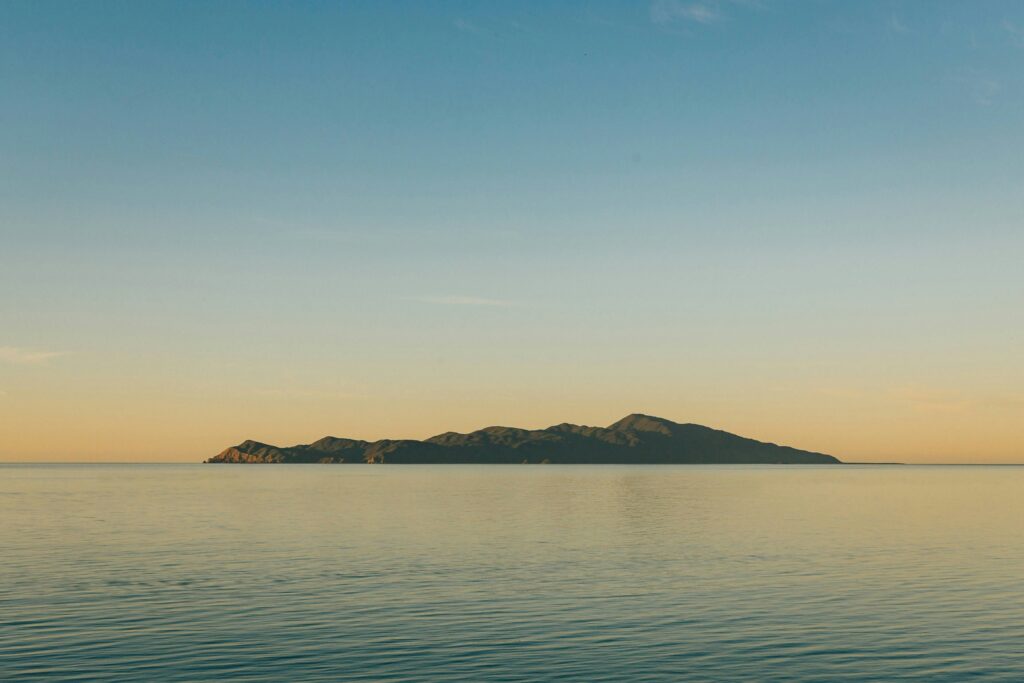
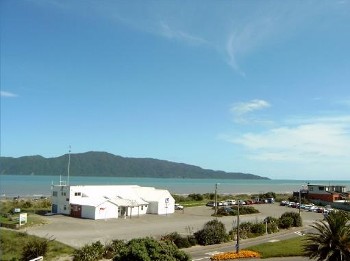
About Kapiti
Kapiti Island (10 kilometres long and 2 kilometres wide), is 5 kilometres offshore from Paraparaumu Beach, and is a sanctuary for endangered species of NZ native birds. It is accessible by launch ferry departing 9.00am most days weather permitting from the boat club premises just across the road from Seascape B&B, and collects visitors for the return trip home at 3.00pm.
The island is home to some of the world’s rarest birds and most endangered birds, many of which are no longer found on the mainland. It is steeped in history, having once been the place of Ngati Toa chief’s fortress, from where his tribe set out to attack other tribes up and down the coast. It was later used by early pioneers as a base for whale hunting. The Department of Conservation programme to eradicate all feral pests and possums from the island has been an outstanding success, and the methods used have now been used elsewhere in NZ and overseas.
The side facing the mainland is of dense natural bush, while the side facing the open sea is steep and barren. There are walking tracks, requiring a reasonable standard of fitness, leading to the summit, approx. 500 metres (1600 ft) above sea level.